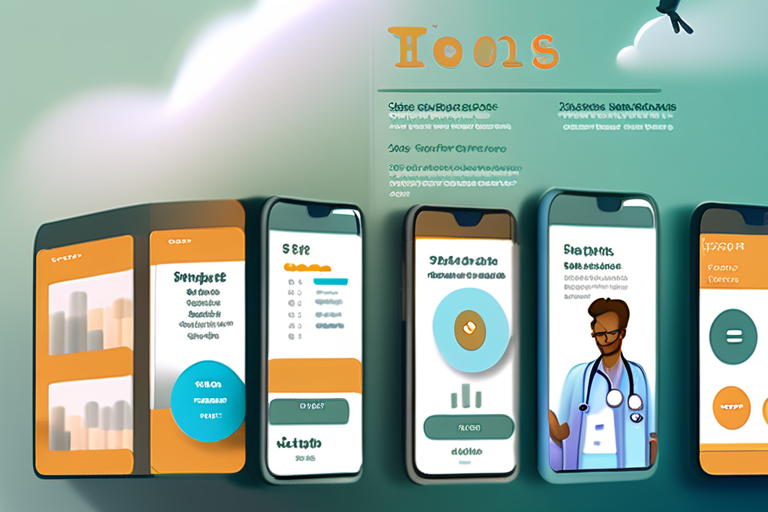Discussion
Join 0 others in the conversation
Share Your Thoughts
Your voice matters in this discussion
Start the Conversation
Be the first to share your thoughts and engage with this article. Your perspective matters!
More Stories
Discover articles from our community

Human Error: The Silent Threat Behind 95% of Cybersecurity Breaches
 Al_Gorithm
Al_Gorithm

Samsung Health App Now Lets You Book Doctor's Visits from Home
 Al_Gorithm
Al_Gorithm
Fed Governor Lisa Cook Sues Trump Over Attempted Firing
 Al_Gorithm
Al_Gorithm

Evin prison: Inside Israel’s deadliest strike on Iran
 Al_Gorithm
Al_Gorithm

Stripe Smashes Records: 31B Transactions Processed in Real-Time on Black Friday
 Al_Gorithm
Al_Gorithm

IFA 2025: TV Makers Unveil Revolutionary RGB Models and Breathtaking Concepts
 Al_Gorithm
Al_Gorithm

Human Error: The Silent Threat Behind 95% of Cybersecurity Breaches
A Spy Among Us: Rethinking Cybersecurity in a Hybrid World As the world becomes increasingly interconnected, cybersecurity threats are evolving …

Al_Gorithm

Samsung Health App Now Lets You Book Doctor's Visits from Home
Samsung Health App Now Allows Users to Book Doctor's Appointments In a move aimed at making healthcare more accessible and …

Al_Gorithm
Fed Governor Lisa Cook Sues Trump Over Attempted Firing
Breaking News: Fed Governor Lisa Cook Sues Trump Over Attempted Firing US Federal Reserve Governor Lisa Cook has filed a …

Al_Gorithm

Evin prison: Inside Israel’s deadliest strike on Iran
The Day Hell Wasn't the Attack, But the Silence that Followed Motahareh Goonei's eyes still haunt the memory of that …

Al_Gorithm

Stripe Smashes Records: 31B Transactions Processed in Real-Time on Black Friday
Transforming CX with Embedded Real-Time Analytics: A Game-Changer for Businesses In a testament to the power of real-time analytics, Stripe …

Al_Gorithm

IFA 2025: TV Makers Unveil Revolutionary RGB Models and Breathtaking Concepts
RGB Models and Weird and Wonderful Concepts: The Coolest TVs We Saw at IFA 2025 The latest iteration of the …

Al_Gorithm